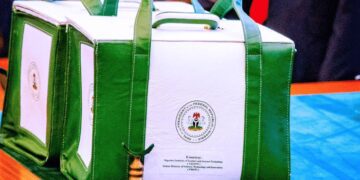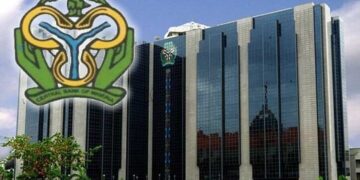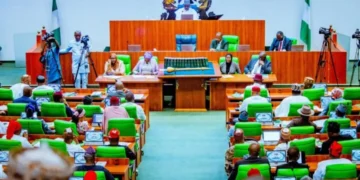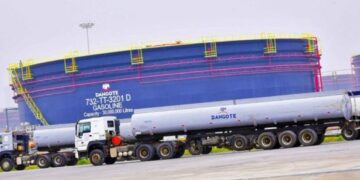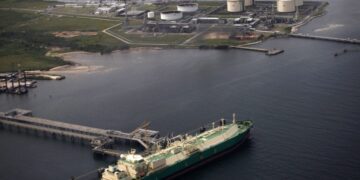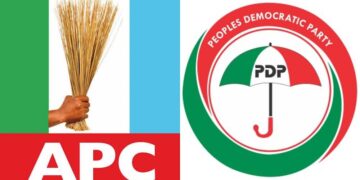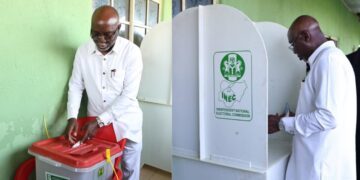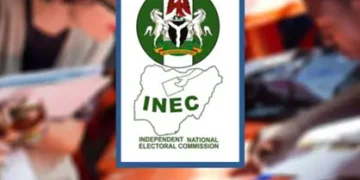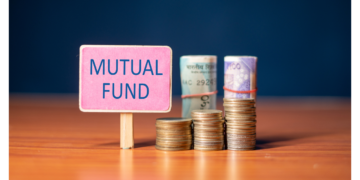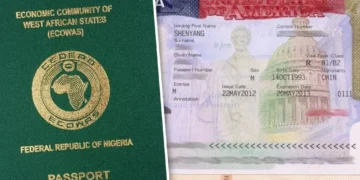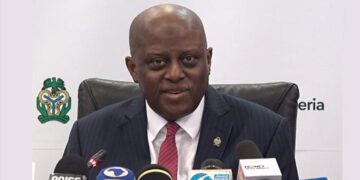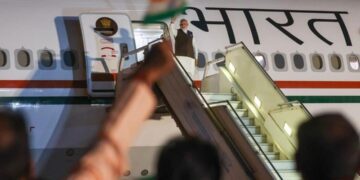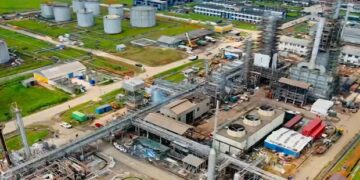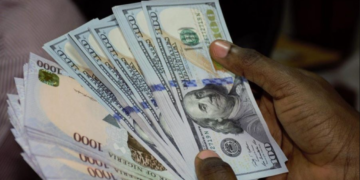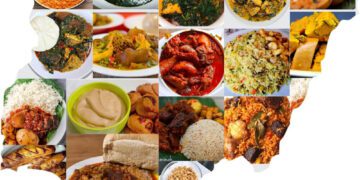At the weekend, the National Bureau of Statistics (NBS) said the country’s headline inflation rose to 33.88 per cent in September 2024, with both core and food inflation driving the inflationary pressures.
The September figure represents a dashing of hope for moderation, which was kindled by July and August figures showing some declines.
But economy analysts have said that a fresh round of price increases is now wiping off chances of stability and recovery as November headline inflation is projected to reach 34.58 per cent before shooting above 35 per cent in December.
The analysts have attributed the renewed increases in the cost of goods and services to key traditional inflation drivers such as fuel price and the exchange rate which, they noted, have been rising since this month, hinting that it will worsen due to seasonal pressures from yuletide.
The exchange rate has risen to a monthly average of N1,740/ $1 in November from N1,660/$1 last month, while fuel price has also crossed N1000/litre from about N850/litre a month ago.
The economists also said the impact of flooding on food inflation is still much with the economy.
They also predicted that in line with its inflation targeting policy, the Central Bank of Nigeria (CBN) would raise its monetary policy rate (MPR) this month, a decision that could lead to further increases in interest rate across the financial sector with rippling effect on cost of doing business.
















